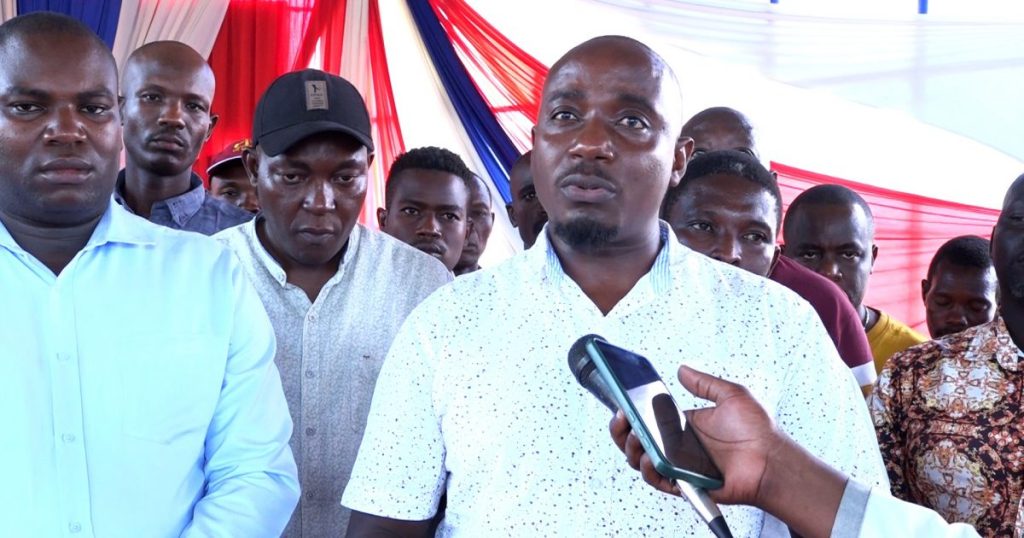Call for Climate Act Legislation in Mombasa
2 min read

Civil Society Organizations (CSOs) in Mombasa are urging the county government to swiftly develop and enact a Climate Act and Policy to qualify for the Financing Locally-Led Climate Action (FLLoCA) Program. This initiative aims to support climate resilience and address local climate risks through targeted funding.
In March, the national government, together with various development partners, secured KSh 39.3 billion for this locally-led climate action financing program. The World Bank, along with the governments of Germany, Sweden, Denmark, and the Netherlands, is backing this effort. The program’s objective is to bolster climate resilience actions and enhance the capacity of both national and county governments to manage climate-related risks. Currently, it is active in 45 counties, excluding Mombasa and Nairobi.
Recently, Mombasa-based CSOs gathered in Mikindani, Jomvu Sub-County, for a roundtable discussion on community engagement and strengthening locally led climate actions. Moffat Mutero, Executive Director of Mashinani Watch Organization, expressed concern that Mombasa, along with Nairobi, is the only county failing to meet the FLLoCA requirements. According to Mutero, compliance involves several key steps: creating a climate resilience act, drafting a policy document, allocating a budget for climate actions, and conducting a participatory climate risk assessment.
Mutero highlighted that Mombasa’s annual budget should allocate two to three percent for climate initiatives, with additional funds provided by the National Treasury and FLLoCA. However, he pointed out that Mombasa has faced persistent environmental issues such as drainage problems and poorly managed dumpsites. He questioned why Mombasa, being Kenya’s second-largest city, has not yet met the program’s requirements to benefit from this critical funding.
Through the FLLoCA program, CSOs would have the opportunity to represent public interests and address pressing environmental challenges. Mutero noted that Mombasa struggles with frequent disease outbreaks in markets like Kongowea and Marikiti, as well as ongoing drainage issues, emphasizing the urgency of compliance with the FLLoCA requirements.
Frank Kazungu, a member of Mission to Missionary CBO, urged elected Members of the County Assembly (MCAs) to prioritize the enactment of necessary legislation. Kazungu stressed the importance of timely legislative action to ensure Mombasa does not miss out on the financial opportunities provided by the FLLoCA program.
Duncan Omwami, Project Resource Mobilization Officer at the Kenya Platform for Climate Governance, underscored the role of CSOs in policy advocacy. He emphasized that CSOs are crucial in advancing locally led climate solutions and holding the county government accountable. Omwami called for increased advocacy efforts to ensure that Mombasa is integrated into the FLLoCA implementation process alongside the other participating counties.
The collective message from the CSOs is clear: Mombasa must act quickly to establish the necessary legal and policy frameworks to qualify for the FLLoCA funding. This step is essential for addressing the city’s environmental challenges and improving resilience against climate-related risks.